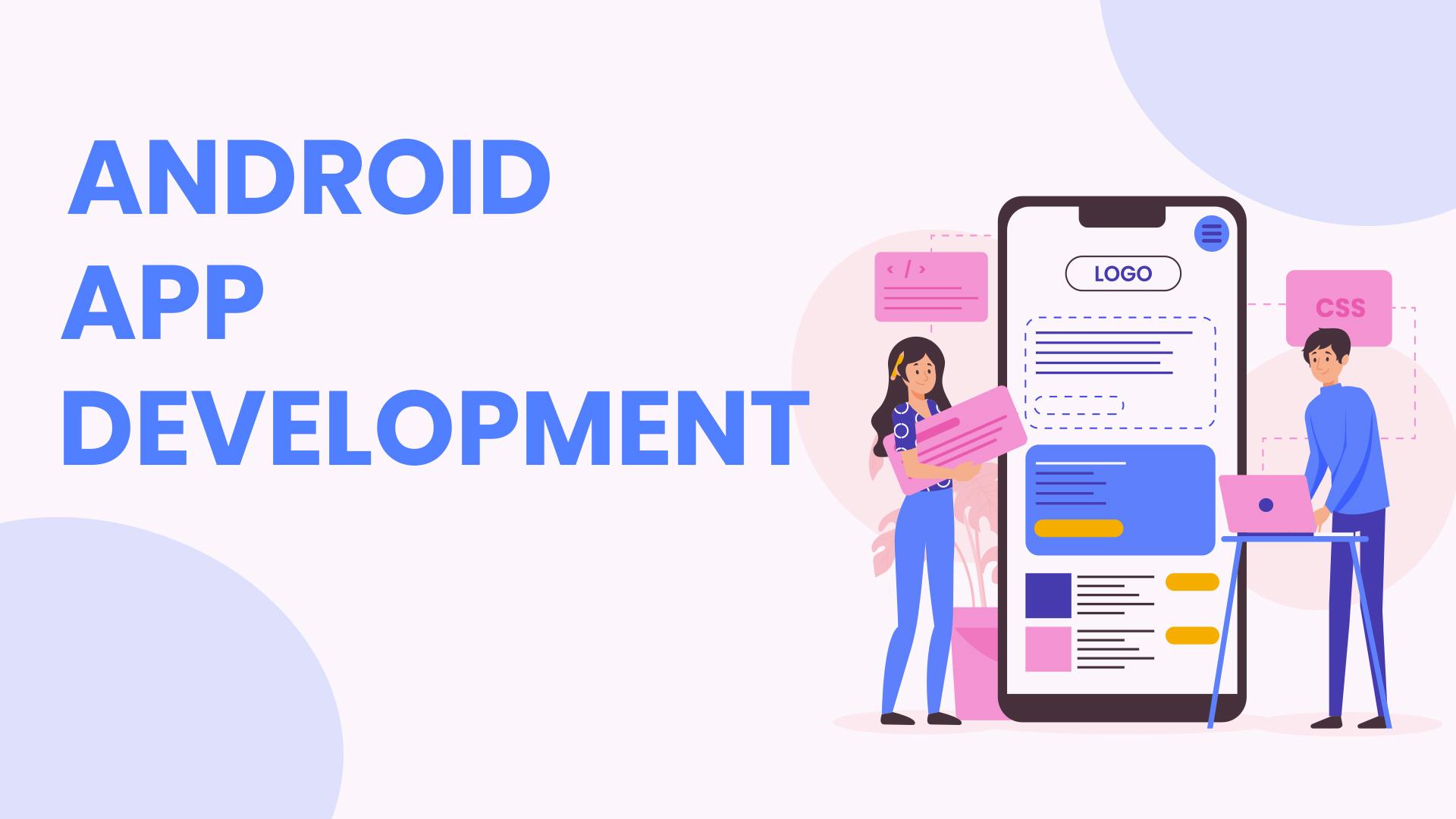In today’s digital landscape, Android dominates the mobile operating system market with a staggering share of over 70%. With such a vast user base, developing custom Android apps has become a crucial aspect of any business’s digital strategy. However, navigating the intricacies of Android app development requires a comprehensive understanding of the platform’s nuances. In this guide, we’ll explore essential tips, tricks, and best practices to help you succeed in custom Android app development.
Understanding the Android Ecosystem
Before diving into development, it’s crucial to grasp the fundamentals of the Android ecosystem. Android offers a diverse range of devices, each with its own specifications and capabilities. Therefore, it’s essential to prioritize compatibility and scalability when developing custom Android apps. Utilizing responsive design principles and leveraging device-specific features can enhance user experience and maximize engagement.
Choosing the Right Development Approach
When embarking on custom Android app development, you’ll encounter various development approaches, including native, hybrid, and cross-platform development. Each approach has its pros and cons, depending on factors such as project requirements, budget, and time constraints.
Native Development: Native Android app development involves writing code specifically for the Android platform using languages like Java or Kotlin.
Hybrid Development: Hybrid development frameworks like React Native or Flutter allow developers to build apps using web technologies (HTML, CSS, JavaScript) while maintaining native-like performance. This approach offers faster development cycles and code reusability across multiple platforms.
Cross-Platform Development: Cross-platform frameworks such as Xamarin or PhoneGap enable developers to write code once and deploy it across multiple platforms, including Android, iOS, and Windows. While offering cost-effective development and a single codebase, cross-platform apps may suffer from performance limitations and platform-specific constraints.
Prioritizing User Experience
User experience (UX) plays a pivotal role in the success of any Android app. To create a compelling user experience, consider the following best practices:
Intuitive Navigation: Design a seamless navigation flow that guides users through the app’s features and functionalities effortlessly.
Responsive Design: Ensure your app adapts seamlessly to different screen sizes and resolutions, providing a consistent experience across various devices.
Performance Optimization: Optimize app performance by minimizing loading times, reducing memory consumption, and leveraging caching mechanisms.
Accessibility: Make your app accessible to users with disabilities by adhering to accessibility guidelines and implementing features like screen readers and voice commands.
Security and Privacy Considerations
With growing concerns about data privacy and security breaches, it’s imperative to prioritize security in custom Android app development. Implement robust encryption algorithms, secure authentication mechanisms, and data protection measures to safeguard user information. Additionally, adhere to Android’s security best practices and regularly update your app to address potential vulnerabilities.
Testing and Quality Assurance
Thorough testing is essential to ensure your custom Android app meets quality standards and performs optimally across various devices and operating system versions.
Functional Testing: Verify that all app features and functionalities work as intended.
Compatibility Testing: Test your app on different devices, screen sizes, and Android versions to ensure compatibility.
Performance Testing: Evaluate your app’s performance under various conditions, such as heavy load and low network connectivity.
Security Testing: Identify and address potential security vulnerabilities, such as SQL injection and cross-site scripting (XSS) attacks.
Collaborating with a Custom Android App Development Company
Partnering with a reputable Custom Android App Development Company can streamline the development process and ensure the success of your project. A professional development team will have the expertise, experience, and resources to bring your app idea to life while adhering to industry best practices and quality standards. By leveraging their technical prowess and domain knowledge, you can expedite development timelines, mitigate risks, and deliver a high-quality app that delights users.
Conclusion:
Custom Android app development offers businesses a unique opportunity to engage with their target audience and drive digital innovation. By understanding the intricacies of the Android ecosystem, choosing the right development approach, prioritizing user experience, addressing security concerns, and conducting rigorous testing, you can create a compelling app that resonates with users and delivers tangible business value. Collaborating with a reputable Custom Android App Development Company can further enhance your app’s success by leveraging their expertise and resources. With careful planning, execution, and continuous iteration, you can embark on a successful Android app development journey and achieve your business objectives.


